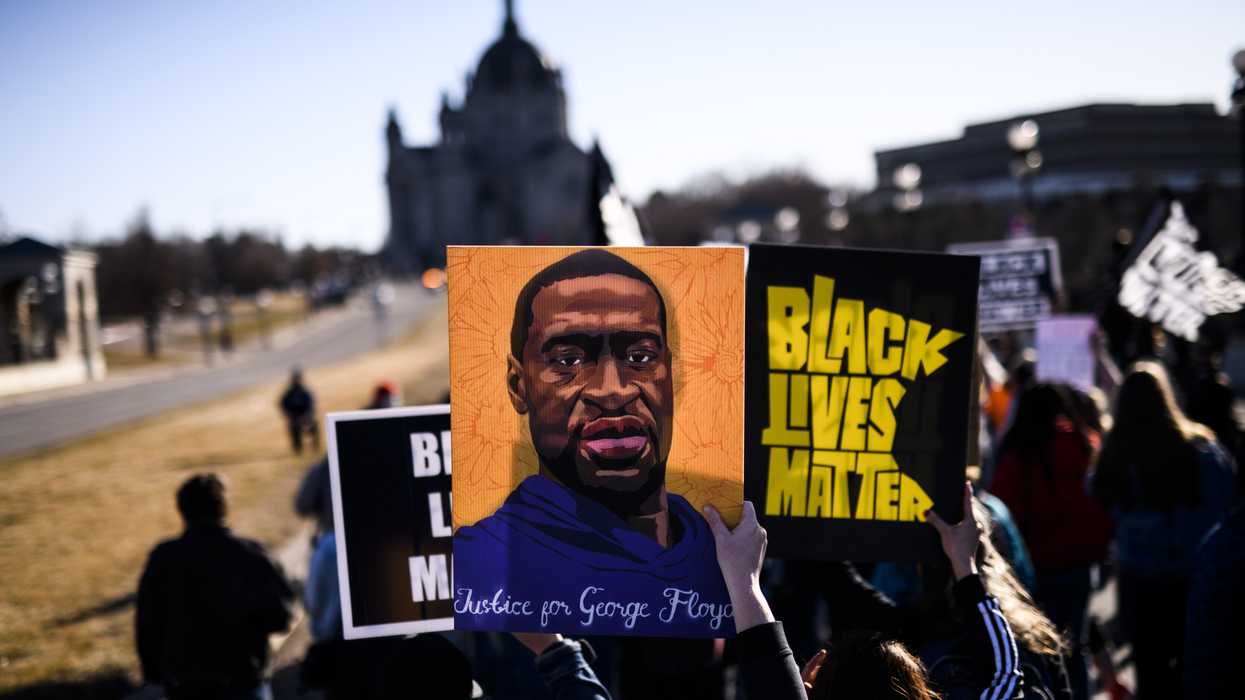Frazier is an assistant professor at the Crump College of Law at St. Thomas University. Starting this summer, he will serve as a Tarbell fellow.
In the symphony of our democracy, we can find a compelling analogy with an orchestra. The interplay of musicians trained in different instruments, each contributing to the grand musical tapestry, offers lessons for our democratic system. As we navigate the complexities of governance, let us draw inspiration from the orchestra's structure, dynamics and philosophy.
At the heart of an orchestra lies the recognition that every member brings unique strengths, skills and interests. The violinist's nimble fingers, the trumpeter's powerful breath and the percussionist's precise timing each add a distinct flavor to the collective performance. Similarly, our democracy thrives on the diversity of its citizens. Each individual, with their unique perspective and expertise, enriches the democratic process. Whether it's the seasoned politician, the passionate activist or the engaged citizen, everyone has a role to play.
Embracing this diversity not only strengthens our democracy but also ensures that a wide array of voices is heard and valued. This is precisely why we should all be concerned with the fact that young voters are far less likely than their more seasoned neighbors to head to the polls. Our democracy is currently like a symphony without the strings section — we’re missing a lot of verve.
In an orchestra, every member is given the opportunity to contribute to the whole. The clarinet's solo, the cello's harmony and the timpani's beat all weave together to create a unified sound. This principle is equally vital in a democracy. A functioning democracy provides platforms for all citizens to participate, be it through voting, community organizing or public discourse. Just as each instrument's contribution is essential to the orchestra's performance, every citizen's participation is crucial to the health of our democracy. Encouraging active engagement ensures that our democratic process remains vibrant and responsive to the needs of the people. Yet, many Americans miss opportunities to lend a hand in whichever way best aligns with their skills. Rates of volunteerism have been on the decline for more than a decade. We can and must make it easier for folks to get involved in their communities.
A good orchestra is characterized by frequent practice, mutual trust and adherence to the conductor's guidance. Musicians must trust their colleagues to play their parts with precision and commitment. Similarly, democracy requires continuous engagement, trust among citizens and respect for leadership. Elected officials must earn the trust of their constituents through transparency, accountability and effective governance. In return, citizens must actively participate and hold their leaders accountable.
Just as an orchestra depends on the conductor to lead with vision and skill, a democracy relies on leaders who can inspire and guide the collective towards common goals. This is another area for improvement. According to the Pew Research Center, just 37 percent of voters turned out for the 2018, 2020, and 2022 elections. Imagine listening to an orchestra in which 63 percent of the musicians missed one or more practices. You would likely notice some instruments out of tune and sections out of sync. The same goes for our democracy. We need citizens to take every “practice” seriously.
Finally, the best orchestras do not strictly adhere to the sheet music but find innovative ways to adapt songs to modern ears. They infuse classical pieces with contemporary interpretations, making the music relevant and engaging for today's audiences. Our democracy, too, must evolve and adapt to the changing times. This requires a willingness to innovate, to challenge outdated practices and to embrace new ideas. By fostering a culture of innovation, we can ensure that our democratic institutions remain robust and responsive in an ever-changing world.
Let us strive to build a democracy that resonates with the same beauty and complexity as a symphony. By learning from the orchestra's example, we can create a society where every voice is heard, every contribution is valued, and every individual is empowered to participate. In this way, our democracy can truly become a harmonious ensemble, working together to create a brighter and more inclusive future for all.




















